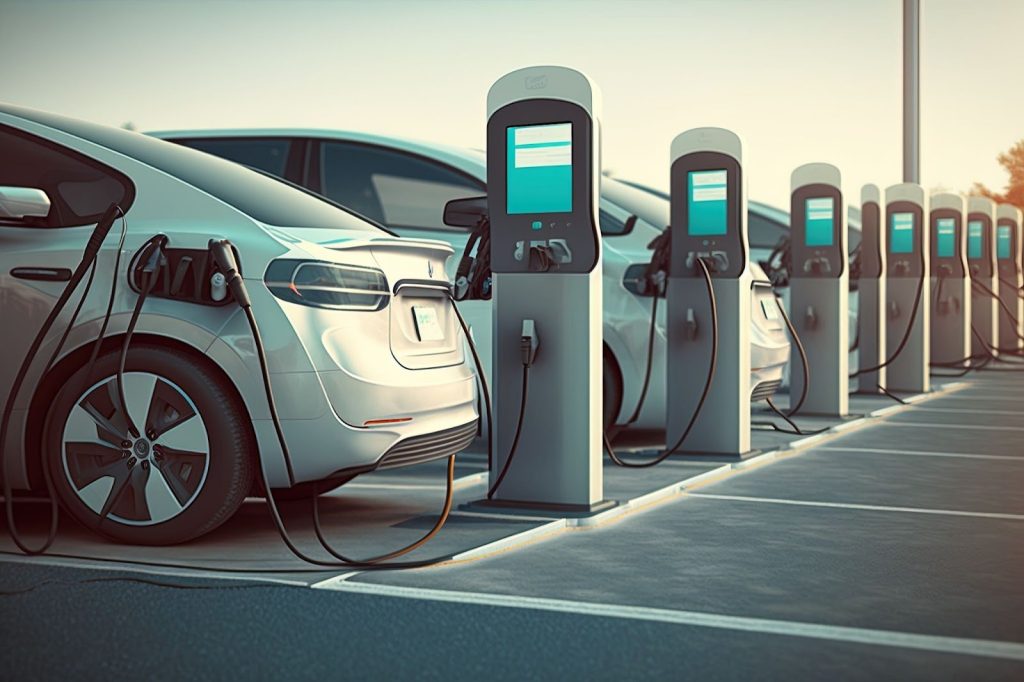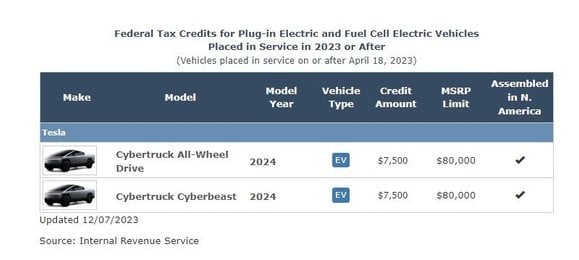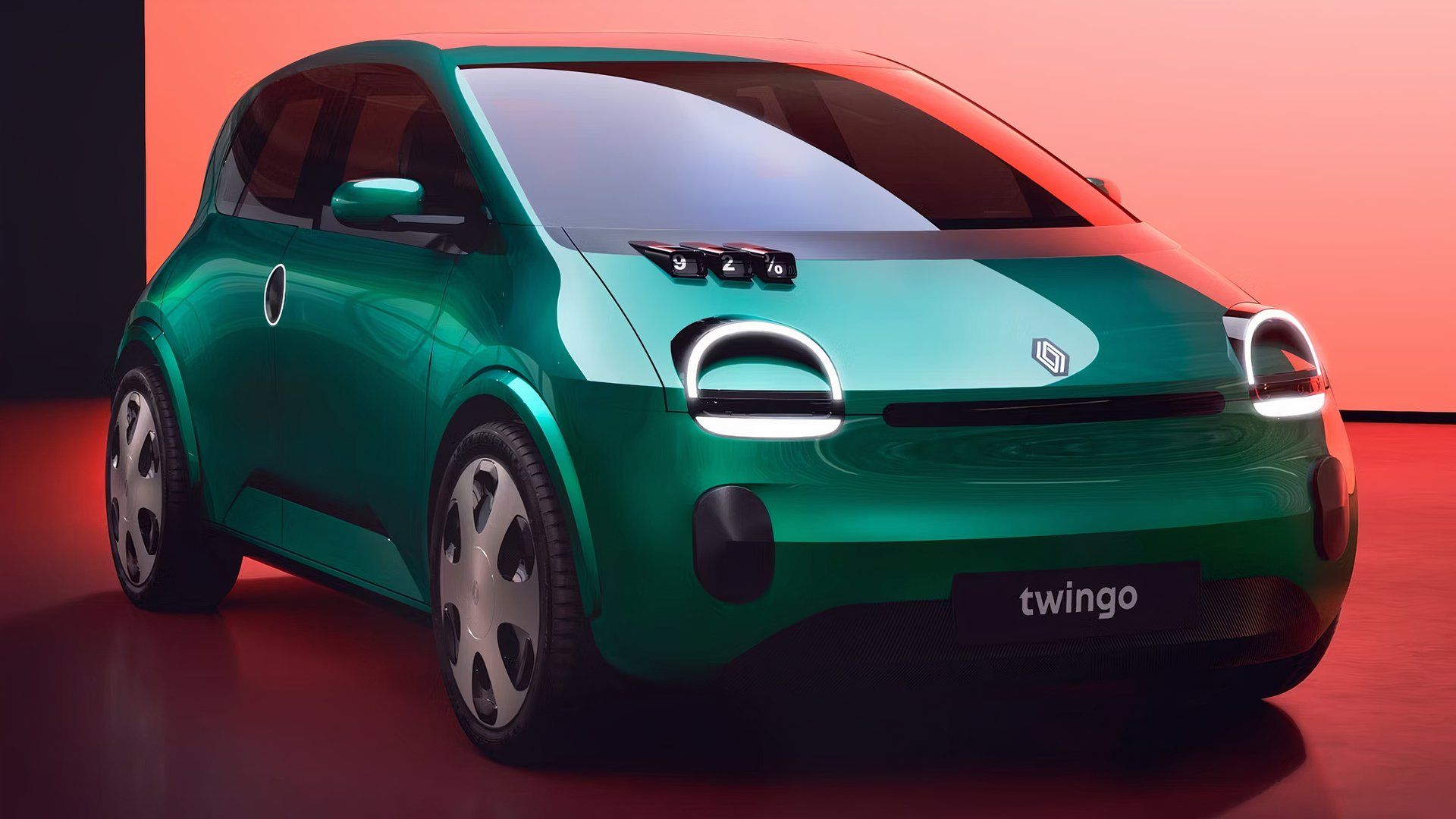Maximize Your Savings with Bolt EV Tax Credit 2022
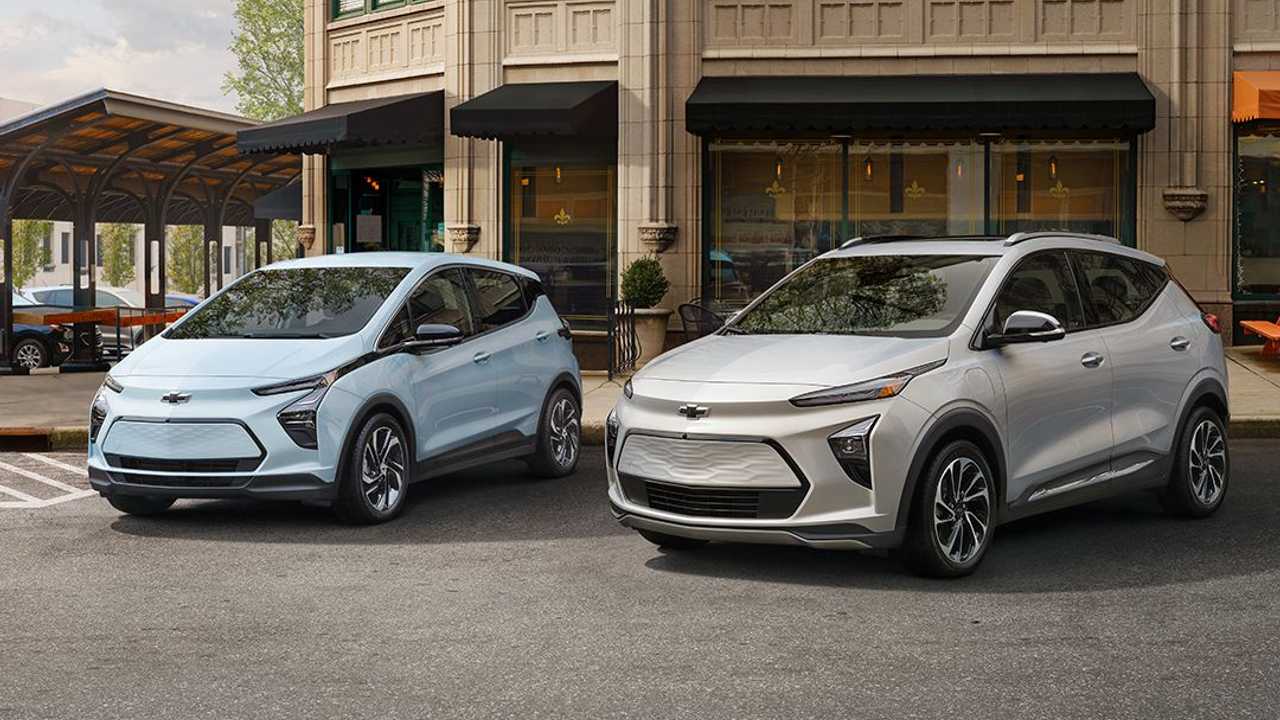
The bolt ev tax credit 2022 is an opportunity for electric vehicle (EV) owners to significantly reduce their tax liability while also contributing to a cleaner environment. Understanding how this credit works is essential for anyone considering purchasing a Chevrolet Bolt EV in 2022.
Bolt ev tax credit 2022

The bolt ev tax credit 2022 provides financial incentives designed to encourage consumers to invest in electric vehicles. The U.S. federal government has implemented various tax credits over the years, particularly aimed at supporting the adoption of EV technology. With an increasing focus on sustainability and reducing carbon footprints, tax credits have become one of the most effective tools to drive EV sales.
The Chevy Bolt EV stands out not only for its innovation but also due to the generous tax credits available upon purchase. This incentivization comes at a critical time when more Americans are seeking alternative modes of transportation that are eco-friendly and cost-effective in the long run.
By understanding the nuances of the bolt ev tax credit 2022, potential buyers can make informed decisions that significantly enhance their financial outcomes. Not only does this tax credit provide immediate savings, but it can also contribute to lower operational costs over time due to reduced fuel expenses.
Understanding Tax Credits

Tax credits can be categorized into two main types: nonrefundable and refundable. The bolt ev tax credit 2022 falls under the nonrefundable category. This means that while you can reduce your tax liability to zero, you won’t receive any cash back if the credit exceeds your tax obligation.
Purchasing an electric vehicle like the Chevrolet Bolt allows you to take advantage of this nonrefundable credit. For instance, if you owe $5,000 in taxes and qualify for a $7,500 EV tax credit, your tax bill would decrease to zero, but you wouldn’t receive the remaining $2,500 as a refund.
It’s crucial for prospective buyers to evaluate their current tax situations and estimate how much they might benefit from this credit before making a purchase decision.
Eligibility Criteria
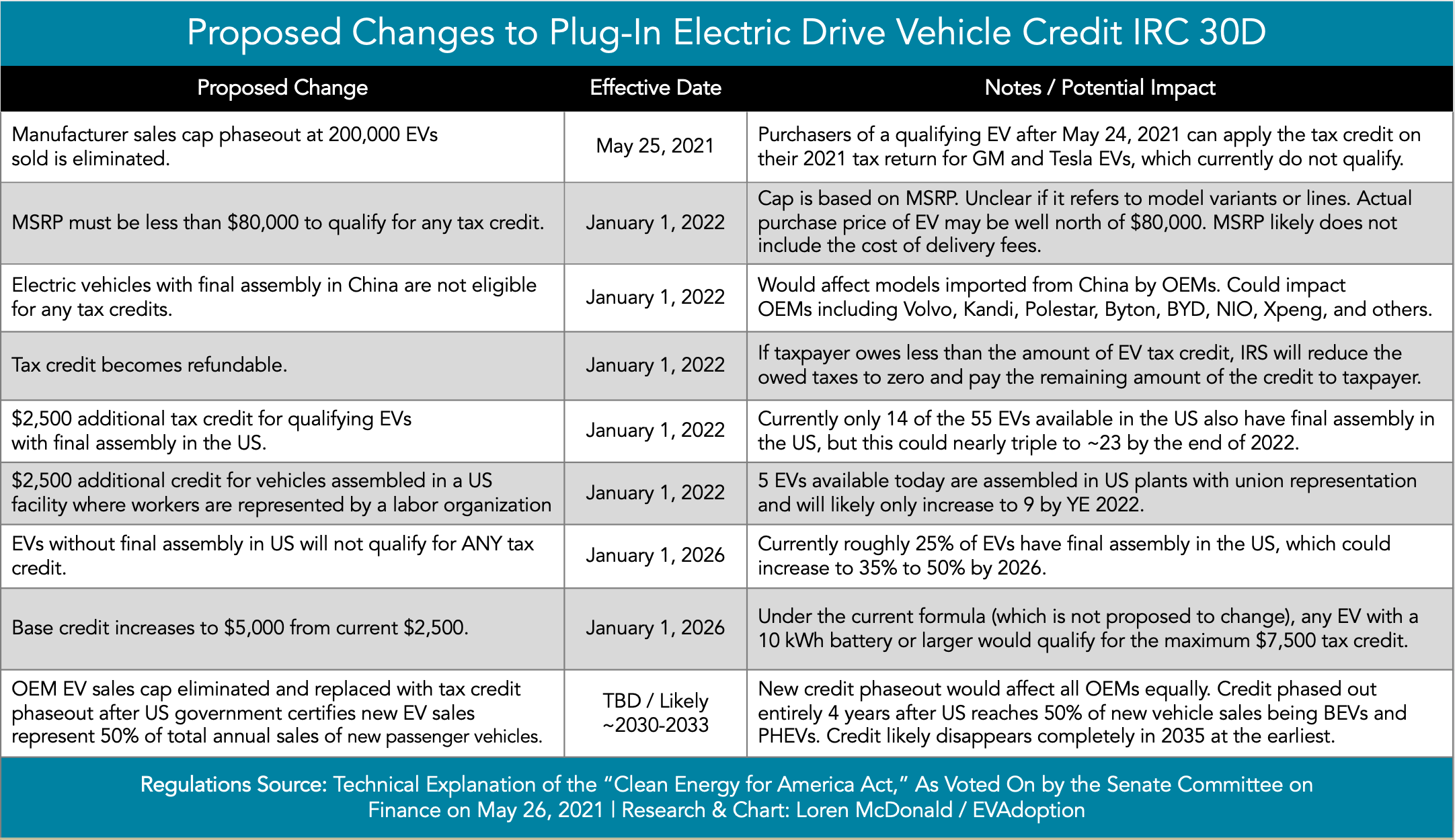
To qualify for the bolt ev tax credit 2022, several factors come into play. Consumers need to be aware of these eligibility requirements to ensure they do not miss out on the benefits.
- Vehicle Type: The credit applies specifically to qualifying electric vehicles. In this case, the Chevrolet Bolt EV meets these criteria, making it eligible for the full tax relief.
- Purchase Date: To benefit from the credit, the vehicle must be purchased after December 31, 2009, and must be new—used electric vehicles do not qualify.
- Tax Liability: As mentioned earlier, the amount of tax credit you can use is contingent on your tax liability. Individuals without sufficient tax burdens will find limited value in the credit, as it cannot be carried forward to future tax years.
- Manufacturer Limitations: It’s important to note that once a manufacturer sells 200,000 qualified vehicles, the credit begins to phase out for subsequent buyers. However, as of 2022, the Chevrolet Bolt EV still qualifies for the full credit.
Understanding these criteria can help individuals assess whether purchasing an EV now is the right financial move for them.
Financial Impact
Maximizing your savings through the bolt ev tax credit 2022 can lead to significant financial advantages. When scrutinizing the overall cost of ownership for electric vehicles compared to traditional gasoline models, the savings can be exponential.
- Initial Costs vs. Long-Term Savings: The initial cost of purchasing a Chevrolet Bolt may be higher than a conventional car; however, that expense can be offset by tax credits and saving on gas. Moreover, many states offer additional rebates and incentives that compound the savings further.
- Fuel Efficiency: Electric vehicles, such as the Bolt EV, offer considerable savings on fuel costs. Charging at home or utilizing public charging stations can cost considerably less per mile than gasoline-powered cars.
- Maintenance Costs: Electric vehicles typically require less maintenance due to fewer moving parts and no oil changes. The long-term savings on maintenance should also be factored into your decision.
All these considerations highlight the importance of taking full advantage of the bolt ev tax credit 2022 in the context of total cost savings over the vehicle’s lifespan.
Bolt ev tax credit 2022

As we dive deeper into the bolt ev tax credit 2022, it’s essential to understand how this tax incentive fits within broader federal and state policies promoting electric vehicle adoption. The transition towards electric mobility is being encouraged not just for environmental reasons but also for economic growth and job creation within the green technology sector.
State Incentives
Apart from the federal credit, many states offer their own incentives for purchasing electric vehicles. These can sometimes be combined with the federal bolt ev tax credit 2022, resulting in substantial savings.
- State Tax Credits: Several states provide tax credits that range from a few hundred to several thousand dollars. For example, California offers a Clean Vehicle Rebate that can add to the savings from the federal credit.
- Sales Tax Exemptions: Some states waive sales tax for electric vehicle purchases, providing an additional layer of financial relief. This exemption can be particularly beneficial for buyers who may face high sales tax rates.
- Utility Programs: Various electric utilities offer rebates or discounts on charging equipment, which can also significantly lower the upfront costs associated with owning an EV.
These state-level incentives show that while the bolt ev tax credit 2022 is a great starting point, local policies can augment savings further. Buyers should research what incentives are available in their respective states.
Planning for the Future
As electric vehicle technology continues to evolve, so too will the landscape of tax credits and incentives. Staying informed about upcoming legislation and changing policies is vital for potential buyers. The administration is actively promoting clean energy initiatives that could lead to more robust incentives in the coming years.
- Potential Legislation Changes: Future administrations may introduce new tax credits or modify existing ones. Keeping an eye on proposed bills can position buyers to capitalize on expanded opportunities.
- Technology Advancements: The rapid development in battery technology could lead to improvements in electric vehicle efficiency and cost-effectiveness. Newer models may provide even greater savings, making it worthwhile to consider waiting for newer releases.
Engaging with community resources, automotive experts, and platforms dedicated to electric mobility can empower consumers to make educated choices about their vehicle investments.
Common Misconceptions
Despite the clear advantages of the bolt ev tax credit 2022, some common misconceptions hinder prospective buyers from embracing electric vehicle technology.
- Misunderstanding Tax Credits: Many people are uncertain about how tax credits work and mistakenly believe they can receive cash back from tax refunds. Education around how these credits operate is crucial.
- Upfront Costs Dissuasion: Although electric vehicles can have a higher initial price tag, the long-term savings often outweigh these concerns. An analysis of total cost of ownership is essential in dispelling this myth.
- Range Anxiety: Potential buyers often fear that electric vehicles do not have sufficient range. However, advancements in battery technology have led to improved performance, and there is an expanding network of charging stations alleviating these concerns.
Addressing these misconceptions can help consumers become more comfortable with the idea of switching to an electric vehicle, paving the way for greater acceptance of the bolt ev tax credit 2022.
Video
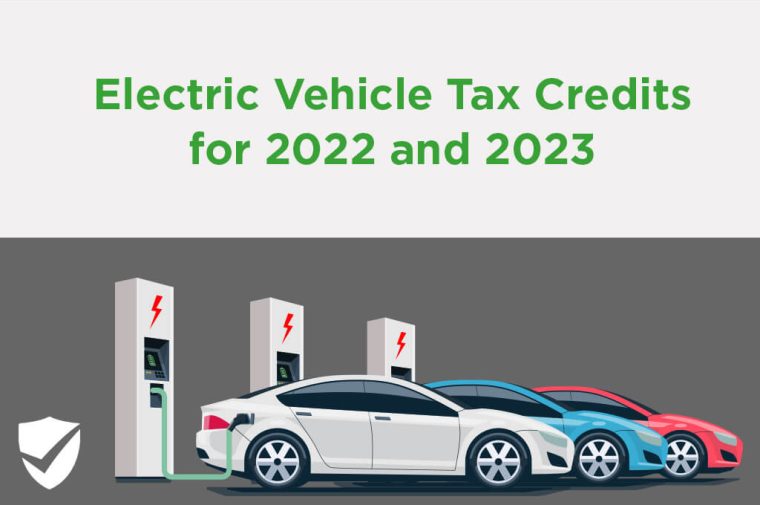
Conclusion
In conclusion, the bolt ev tax credit 2022 presents an incredible opportunity for potential Chevrolet Bolt EV buyers to save significantly on their tax liabilities while investing in a cleaner future. Understanding the intricacies surrounding eligibility requirements, state incentives, and planning for future shifts in policy are all paramount in maximizing this benefit.
As electric vehicles continue to gain traction in the mainstream market, the tax credits associated with them will likely remain a cornerstone of consumer motivation. Therefore, it is crucial for prospective buyers to not only familiarize themselves with the bolt ev tax credit 2022 but also to keep abreast of ongoing developments in tax incentives and electric vehicle technology.
Making a choice in favor of electric vehicles is not solely a personal financial decision but also a step toward a sustainable future. Embracing this change, armed with the knowledge of tax credits and other incentives, allows consumers to make financially sound choices aligned with their values of environmental stewardship.
You can read: Everything You Need to Know About Federal Tax Incentives For Electric Cars

